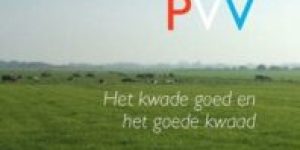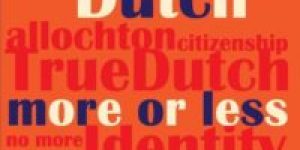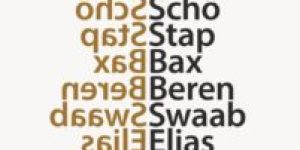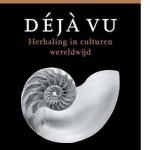Margot Leegwater ~ Sharing Scarcity: Land Access And Social Relations In Southeast Rwanda
No Comments yet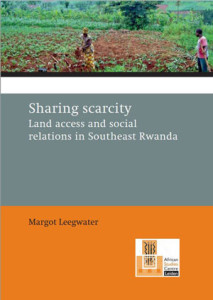 Land is a crucial yet scarce resource in Rwanda, where about 90% of the population is engaged in subsistence farming, and access to land is increasingly becoming a source of conflict. This study examines the effects of land-access and land-tenure policies on local community relations, including ethnicity, and land conflicts in post-conflict rural Rwanda. Social relations have been characterized by (ethnic) tensions, mistrust, grief and frustration since the end of the 1990-1994 civil war and the 1994 genocide. Focusing on southeastern Rwanda, the study describes the negative consequences on social and inter-ethnic relations of a land-sharing agreement that was imposed on Tutsi returnees and the Hutu population in 1996-1997 and the villagization policy that was introduced at the same time. More recent land reforms, such as land registration and crop specialization, appear to have negatively affected land tenure and food security and have aggravated land conflicts. In addition, programmes and policies that the population have to comply with are leading to widespread poverty among peasants and aggravating communal tensions. Violence has historically often been linked to land, and the current growing resentment and fear surrounding these land-related policies and the ever-increasing land conflicts could jeopardize Rwanda’s recovery and stability.
Land is a crucial yet scarce resource in Rwanda, where about 90% of the population is engaged in subsistence farming, and access to land is increasingly becoming a source of conflict. This study examines the effects of land-access and land-tenure policies on local community relations, including ethnicity, and land conflicts in post-conflict rural Rwanda. Social relations have been characterized by (ethnic) tensions, mistrust, grief and frustration since the end of the 1990-1994 civil war and the 1994 genocide. Focusing on southeastern Rwanda, the study describes the negative consequences on social and inter-ethnic relations of a land-sharing agreement that was imposed on Tutsi returnees and the Hutu population in 1996-1997 and the villagization policy that was introduced at the same time. More recent land reforms, such as land registration and crop specialization, appear to have negatively affected land tenure and food security and have aggravated land conflicts. In addition, programmes and policies that the population have to comply with are leading to widespread poverty among peasants and aggravating communal tensions. Violence has historically often been linked to land, and the current growing resentment and fear surrounding these land-related policies and the ever-increasing land conflicts could jeopardize Rwanda’s recovery and stability.
Full text book: http://www.ascleiden.nl/news/sharing-scarcity
Comments
Leave a Reply


